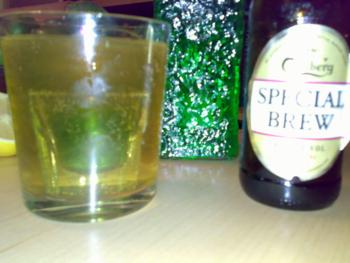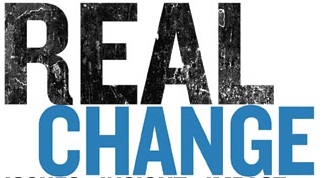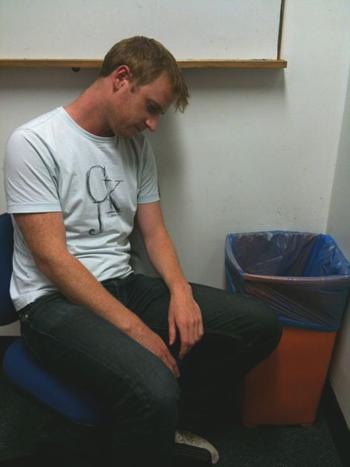The term “addiction” is used in many contexts to describe an obsession, compulsion, or excessive physical dependence or psychological dependence, such as: drug addiction, video games, crime, alcoholism, compulsive overeating, problem gambling, computer addiction, pornography, compulsive shopping, workaholism, over exercising, etc.
such as: drug addiction, video games, crime, alcoholism, compulsive overeating, problem gambling, computer addiction, pornography, compulsive shopping, workaholism, over exercising, etc.
Addiction severely impacts not only the addicted or dysfunctional person but also everyone who comes in contact with them (loved ones, friends, family, children, co-workers, neighbors, associates, etc.).
Addiction may involve having a dependence on a substance (i.e., alcohol, marijuana, food, prescription or nonprescription drugs) or an activity (i.e., shopping, gambling, hoarding, self-injury, etc.). It can be either a physical (as in the case of most drugs) or psychological (as in the case of most activities) compulsion to use the substance of activity as a way to cope with everyday life, problems and/or circumstances. The dysfunctional person will often have deep seated feelings of guilt and shame which they try to cover up.
Addiction is a habitual behavior that is extremely difficult to control and leads to activities that are designed solely to continue or cover up the addiction itself (e.g., an alcoholic hiding bottles around their home, the drug addict embezzling to support their habit, lashing out in anger blaming others for their own behaviors or consequences of those behaviors).







 such as: drug addiction, video games, crime, alcoholism, compulsive overeating, problem gambling, computer addiction, pornography, compulsive shopping, workaholism, over exercising, etc.
such as: drug addiction, video games, crime, alcoholism, compulsive overeating, problem gambling, computer addiction, pornography, compulsive shopping, workaholism, over exercising, etc. meetings regularly, stopped going. After a few weeks, her sponsor decided to visit her. It was a chilly evening and the sponsor found the sponsee at home alone, sitting before a blazing fire.
meetings regularly, stopped going. After a few weeks, her sponsor decided to visit her. It was a chilly evening and the sponsor found the sponsee at home alone, sitting before a blazing fire.
 oppose God’s rule seems preposterous. Indeed, it is rare today to find anyone, either within the Christian community or elsewhere, who speaks in praise of weakness. Our understanding of power has become decidedly unparadoxical. We want our power untainted with anything as undesirable as weakness. We prefer peace through strength and salvation through self-reliance.
oppose God’s rule seems preposterous. Indeed, it is rare today to find anyone, either within the Christian community or elsewhere, who speaks in praise of weakness. Our understanding of power has become decidedly unparadoxical. We want our power untainted with anything as undesirable as weakness. We prefer peace through strength and salvation through self-reliance.